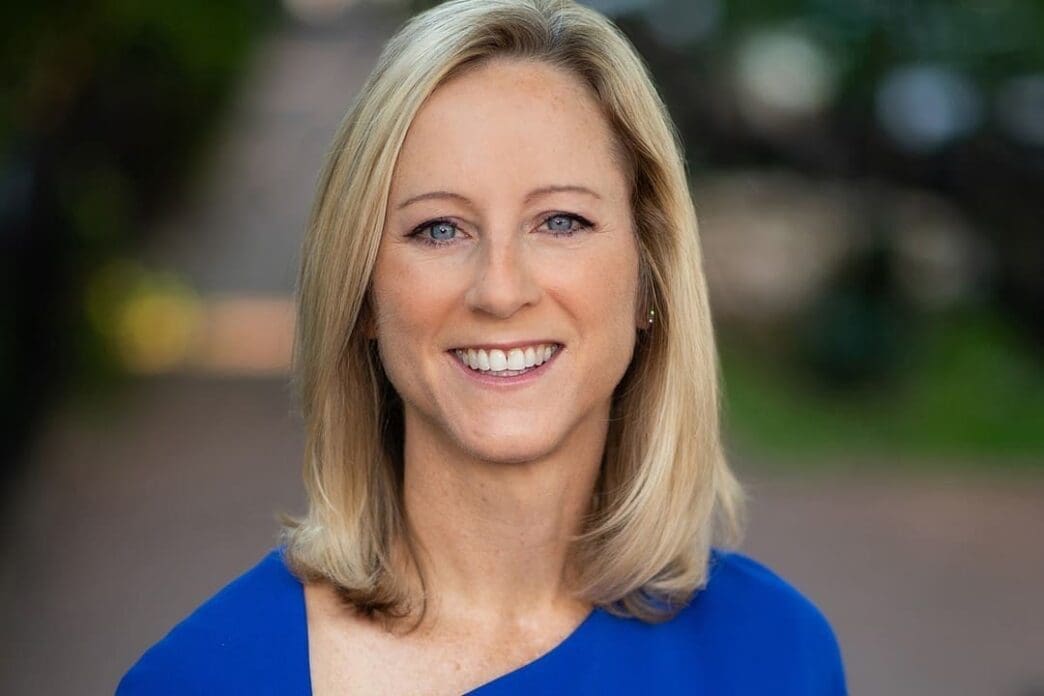Kathy Kraninger is steering Florida’s banking landscape through a transformative era, with her unyielding resolve and practical insights.
Kathy Kraninger, former leader of the Consumer Financial Protection Bureau (CFPB) under the Trump administration, has now embarked on a journey to reshape the banking sector in Florida. Celebrating her first anniversary as president and CEO of the Florida Bankers Association (FBA), Kraninger stands at the helm of an industry facing significant changes. Despite a notable decline in community banks, she remains determined to prevent the industry from ‘driving off the cliff.’ Her approach involves a realistic assessment of challenges while seeking opportunities to redirect the approach and steer toward stability.
Kraninger’s career has been marked by significant roles in Washington, D.C., including pivotal positions in the Department of Homeland Security and the White House Office of Management and Budget. Her tenure at the CFPB was particularly challenging, with a confirmation process characterized by political divisions. However, her experience in policy, regulations, and financial technology has equipped her with a unique perspective. After her stint in D.C., she ventured into the private sector, leading regulatory efforts for a cryptocurrency firm, Solidus Labs.
In her new role, Kraninger aims to redefine the narrative around banks, advocating for their positive impact on local communities. Contrary to the negative media portrayal, she highlights the integral role bankers play in society, emphasizing that many are board members of nonprofit organizations. With a focus on transparency, she argues that banks should not be vilified but rather recognized for their contributions to economic well-being. Kraninger contends that a reduction in the number of banks could negatively affect consumers and stresses the importance of maintaining a competitive banking environment.
Among pressing issues, Kraninger addresses the ongoing debate concerning credit unions. She supports the belief that large, profitable credit unions should pay federal taxes like banks, to ensure a fair competitive landscape. Though she acknowledges their shared goals with credit unions, she advocates for clarity in their mission and operations which, according to her, have diverged from their original purpose.
Kraninger’s pragmatic approach to regulation is defined by setting clear rules for entities providing consumer services, enabling them to operate within a structured environment. She believes regulators should not impose personal agendas but should instead allow the private sector to function freely, giving consumers the autonomy to make informed choices.
Kraninger’s leadership reflects a delicate balance between advocating for the banking industry’s interests and ensuring consumer protection—an essential dynamic as Florida’s banks navigate a rapidly evolving landscape.
Source: Businessobserverfl








